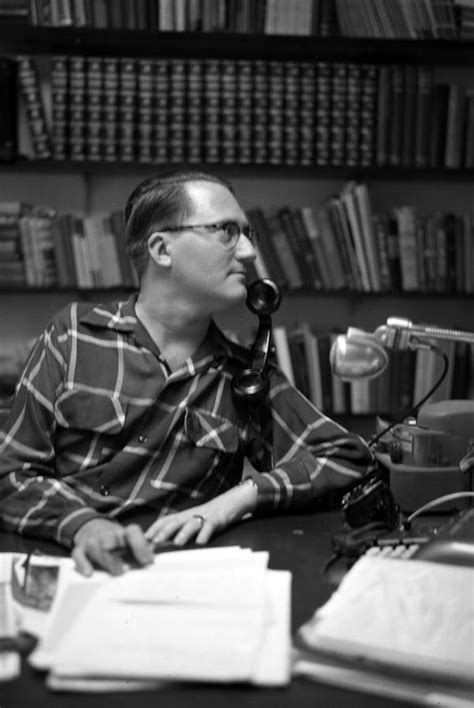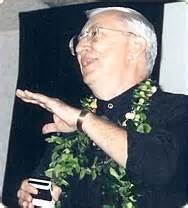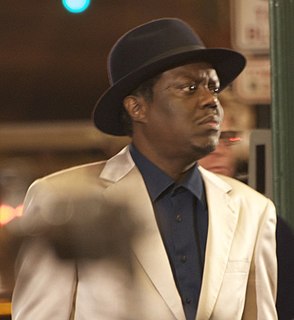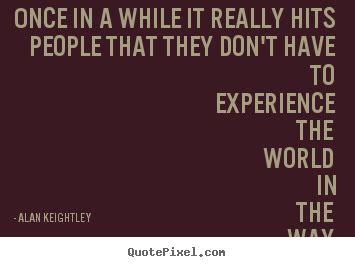A Quote by Ken Keyes Jr.
Whenever you feel upset, take full responsibility for the emotions that you are experiencing. Get to work as quickly as possible identifying the programming, or the addiction, that is leading you to reject what other people are saying or doing.
Related Quotes
People who are prone to anxiety are nearly always people-pleasers who fear conflict and negative feelings like anger. When you feel upset, you sweep your problems under the rug because you don't want to upset anyone. You do this so quickly and automatically that you're not even aware you're doing it.
Love is hard to offend and quick to forgive. How easily do you get irritated and offended? Some people live by the motto, “Never pass up an opportunity to get upset with your spouse.” When something goes wrong, they quickly take full advantage of it by expressing how hurt or frustrated they are. But this is the opposite reaction of love.
The mechanism of primary emotions does not describe the full range of emotional behaviors. They are, to be sure, the basic mechanism. However, I believe that in terms of an individual's development they are followed by mechanisms of secondary emotions, which occur once we begin experiencing feelings and forming systematic connections between categories of objects and situations, on the one hand, and primary emotions, on the other.
Sometimes, when I hear people without experience of addiction blame addicts for their behaviour, I feel like saying to them: 'You simply don't understand - how can a child be held responsible for doing such a dreadful thing to himself?' But then again, at other times I have to acknowledge: it was done wilfully.
Sometimes, when I hear people without experience of addiction blame addicts for their behaviour I feel like saying to them: "You simply don't understand - how can a child be held responsible for doing such a dreadful thing to himself?" But then again, at other times I have to acknowledge: it was done wilfully.
Work addiction seems to be an addiction we are proud of. We almost seem to brag with mock displeasure that we are "overwhelmed" with busyness, sometimes as an excuse for not really being able to do what we really want to be doing. Work addiction is a symptom not of working your brains out but of your brain working you out. Why are you doing what you're doing for a career and how do you like doing it? Do you like your answer?
All you do as a performer is keep doing it. If you keep doing it, then it depends on why you're doing it. If you're doing something for superficial, monumental reasons and if you're doing it for female attention, or if you're doing it for money, it's like being upset. Only way you can get upset is when you expecting something. If you don't get this award or don't get that award, that because you expect something.
The first fundamental of successful city life: People must take a modicum of responsibility for each other even if they have no ties to each other. This is a lesson no one learns by being told. It is learned from the experience of having other people without ties of kinship or close friendship or formal responsibility to you take a modicum of responsibility for you.
If we want to address global warming, along with the other environmental problems associated with our continued rush to burn our precious fossil fuels as quickly as possible, we must learn to use our resources more wisely, kick our addiction, and quickly start turning to sources of energy that have fewer negative impacts.
Where do you need to think for yourself? When we begin to cultivate awareness of our thoughts and emotions, we begin to see just how much we live according to other people's and society's beliefs and actions. Don't get upset by this. Just get in touch with how you really think and feel inside and begin to express your authenticity.

































